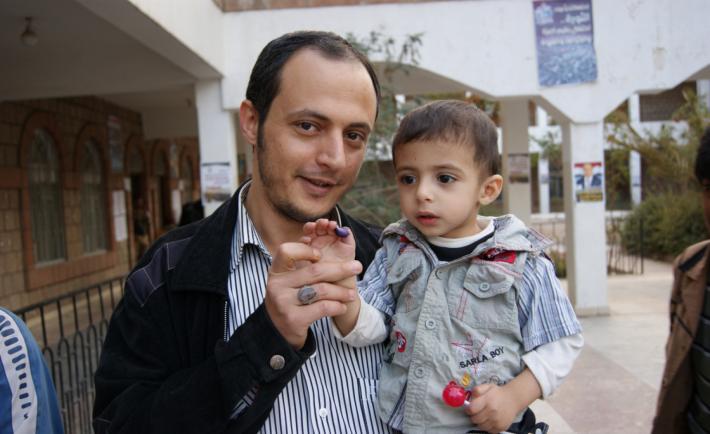As Yemen’s tragic war – fueled by a regional rivalry between the Kingdom of Saudi Arabia and the United Arab Emirates on one side and Iran on the other – drags on, the antagonists in the conflict have been stubbornly resistant to the efforts of U.N. negotiators to broker compromise and unwilling to make the first major steps toward peace. Yet, there is a curious and slightly hopeful political soap opera playing out in plain sight. The internationally recognized government of Abd Rabo Mansur Hadi and the Houthi rebels (also known by their formal name, Ansar Allah) are pursuing separate but concurrent strategies to increase their international legitimacy by reinvigorating Yemen’s parliament. Ansar Allah has also released a groundbreaking policy document that may show signs of a new appreciation for democratic processes. By seeking to achieve a legal quorum in parliament and drafting a series of policy proposals that could be used by the public to hold their regime accountable, the Houthis are demonstrating a surprising affinity to some of the forms of democracy. Their commitment to the substance of democracy is yet to be proven.

